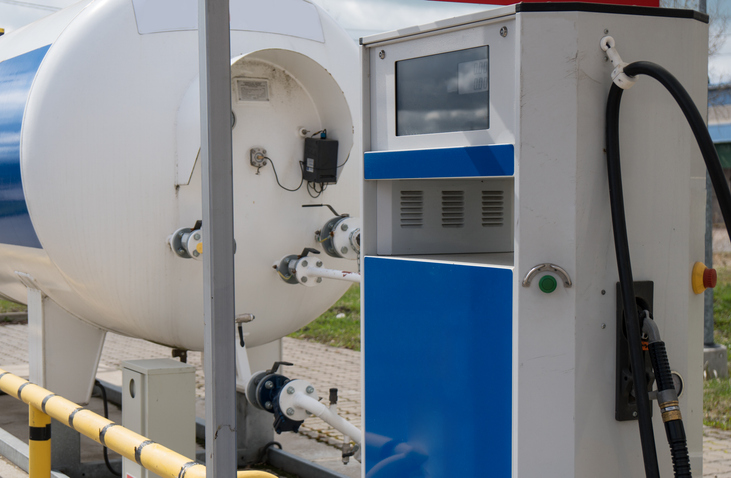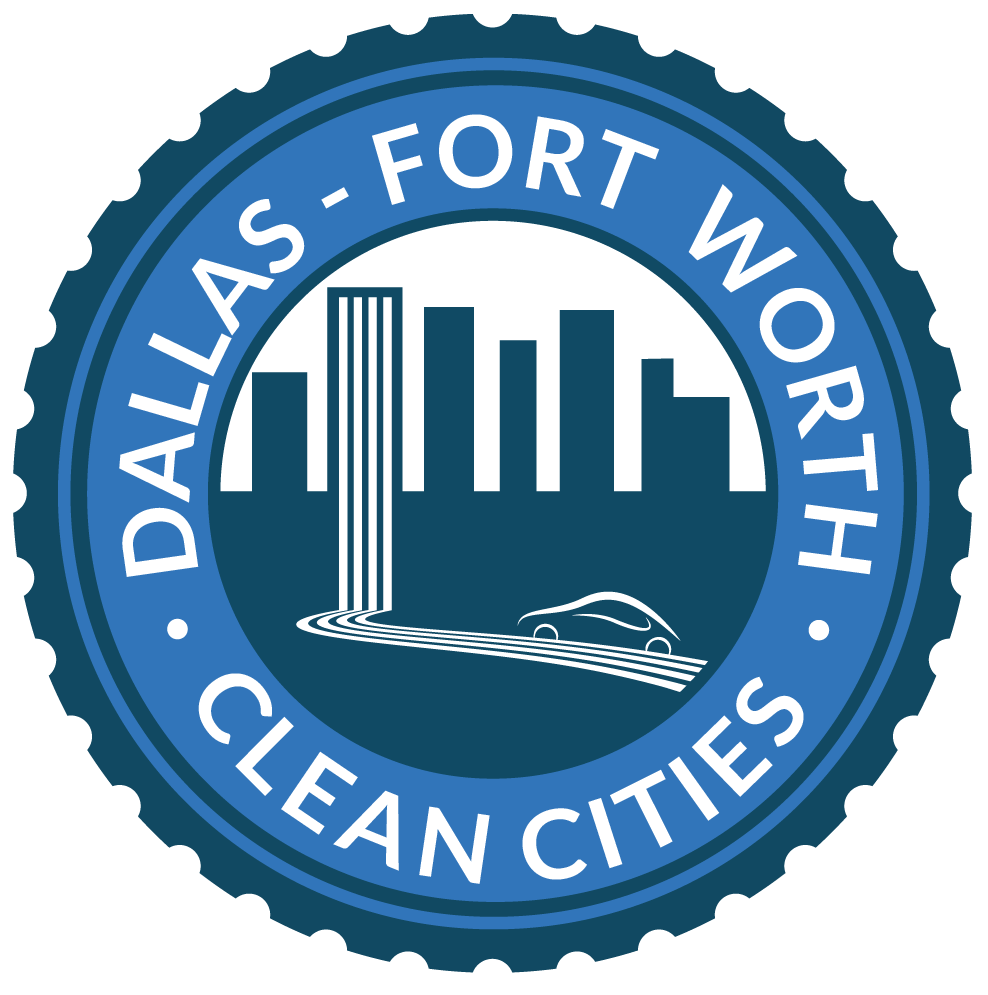Propane is a versatile fuel used for a wide range of applications.
Propane, sometimes referred to as “Autogas” when used for transportation fuel type, is a well-established fuel type for commercial and public fleets. Examples of vehicles that can be fueled by propane consist of School Buses, Public Transit/shuttles, and Commerical Fleet Vehicles. Propane vehicles are available as both dedicated models (propane only) and bi-fuel models (propane and gasoline). Propane vehicles use a fuel system that stores propane in a pressurized tank as liquid. This liquid propane is pumped to the engine when the vehicle is ready to move. Learn more about the process from the Alternative Fuels Data Center.
BENEFITS OF PROPANE
- Clean Burning: Propane is a clean-burning fuel,
 reducing harmful emissions.
reducing harmful emissions. - Naturally Odorless: Propane is odorless by nature,
but an odorant is added to detect leaks. - Non-Toxic to Wildlife: In case of accidental spillage,
propane is non-toxic to wildlife and does not cause
long-term environmental damage. - Low Maintenance Costs: Less wear and tear on
appliances and engines.
According to the Argonne Laboratory GREET model,
vehicles running on propane reduce greenhouse gas (GHG)
emissions by 13% in lifecycle pollution compared to conventional
gasoline vehicles. The emissions reduction is even greater for
non-road propane equipment.
PROPANE IN TEXAS
In Texas, the shift toward propane vehicle technology is primarily centered on commercial and public fleets, where propane offers an alternative to heavy-duty diesel trucks and school buses. This is impactful for North Texas because propane is a clean-burning fuel that can reduce harmful emissions.
DFW Clean Cities is helping move toward adoption of propane vehicles by leading in the following activities:
Cleen Fleet Policy
The Clean Fleet Policy is one strategy to reduce emissions from local fleet operations by providing a framework for efficient and low-emitting fleet operations. This helps the region work toward attainment of the federal ozone standard and improve overall air quality. On December 11, 2014, the Regional Transportation Council (RTC) approved a resolution supporting the adoption and implementation of this revised policy by entities with fleet operations in the nonattainment area.
Fleet Recognition Program
DFW Clean Cities annually honors fleets that reduce transportation emissions by adopting alternative fuels.
Zero-Emission Vehicle Workshop
NCTCOG and DFW Clean Cities, in partnership with the Environmental Defense Fund (EDF), hosted a Zero Emission Vehicle Workshop for over 100 fleet managers, local governments, IH-45 stakeholders, and industry experts.
Alternative Fuel Corridor Designations
TxDOT and NCTCOG have participated in almost every nomination cycle under the FHWA Alternative Fuels Corridor Program. Due to the extensive industry involvement in the IH 45 ZEV Plan, NCTCOG received numerous inquiries from stakeholders asking how to get involved in nominating additional highways for propane designation.
FIND A PROPANE REFUELING STATION
RESOURCES
General Information
- Propane (Alternative Fuels Data Center)
- Propane Vehicles (Alternative Fuels Data Center)
- Propane Production and Distribution (Alternative Fuels Data Center)
- Propane Renewable (Alternative Fuels Data Center)
- Propane Economic Impact (National Propane Gas Association)
Law and Incentives
- Propane Laws and Incentives in Texas (Alternative Fuels Data Center)
- Federal Propane Laws and Incentives (Alternative Fuels Data Center)
Locate Propane Infrastructure
- Find a Propane Fueling Station (Alternative Fuels Data Center)
- Find a Propane Corridor (Alternative Fuels Data Center)
Propane Safety
- Propane Safety Basics (Alternative Fuels Data Center)
- Safety of Propane (Energy for Everyone)
